This November, New Yorkers will be able to vote on five important ballot initiatives that could reshape the way the city addresses its affordable housing crisis and manages elections.
The Charter Revision Commission—established by Mayor Eric Adams last December to update the city’s stance on housing—voted on Monday to send four land-use amendments and a fifth proposal, which would synchronize municipal elections with even-numbered years, to the ballot. The general election will decide their fate.
“There are many components to this challenge,” said Commission Chair Richard Buery. “We’re encouraged by the progress and are focusing on how the charter can help us build the necessary housing more quickly.”
Housing Development in Focus
The initial two proposals aim to simplify the approval process for new developments and curb the tradition of individual councilmembers blocking projects in their areas—commonly referred to as “member deference.” The changes would affect neighborhoods that have historically seen the least affordable housing built.
“This offers a path to add affordable housing where little exists now,” said Alec Schierenbeck, the commission’s executive director.
One amendment fast-tracks project review in the 12 districts with the lowest production. Another creates a new appeals process, shifting the current mayoral veto to a three-person board involving the mayor, City Council speaker, and borough president.
A fourth amendment would call for a citywide land-use map to streamline urban planning.
Election Reform
The fifth proposal is intended to improve voter participation by combining city elections with federal elections, which tend to draw larger turnouts. Unlike the housing measures requiring only a citywide vote, this would also necessitate a constitutional amendment at the state level.
Concerns about Community Influence
Some elected officials and community leaders have voiced concerns that the land-use changes could limit neighborhood input.
“Community boards are crucial to shaping local land use, providing a democratic channel for residents to inform decisions,” said Johana Pulgarin, district manager of Brooklyn’s Community Board 1. “Diminishing this could centralize power among a few.”
Buery responded that local participation is maintained, while procedures are modernized and accelerated. He emphasized, “The city’s primary role is to inform voters about the proposals rather than push for them,” while noting, “As a New Yorker, I’m fully dedicated to ensuring people understand and ultimately support these proposals.”
Next Steps
In the months ahead, city officials will collaborate with civic organizations and educational groups to make sure voters receive clear information about each ballot measure. A previously discussed open primaries proposal was discarded after resistance from both progressive and conservative voices.
“It’s been inspiring to hear such passionate input from people citywide,” Buery remarked. “I’m grateful to all New Yorkers who set aside time to join us and share their ideas about improving our city.”

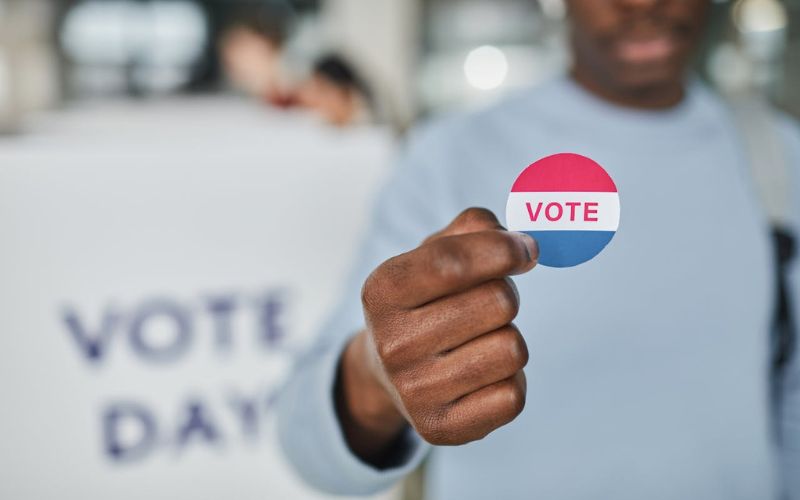


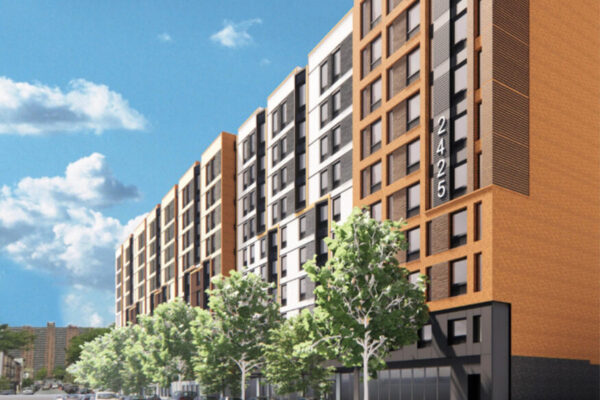
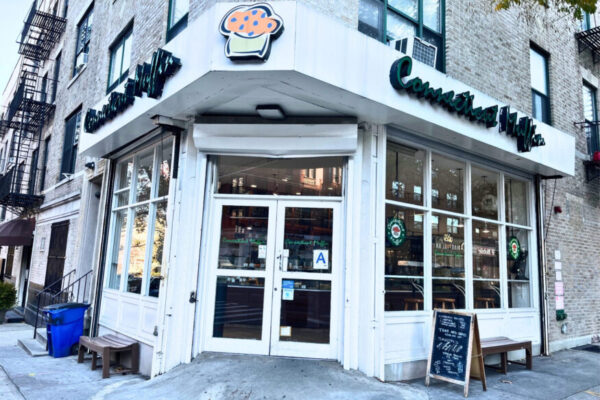
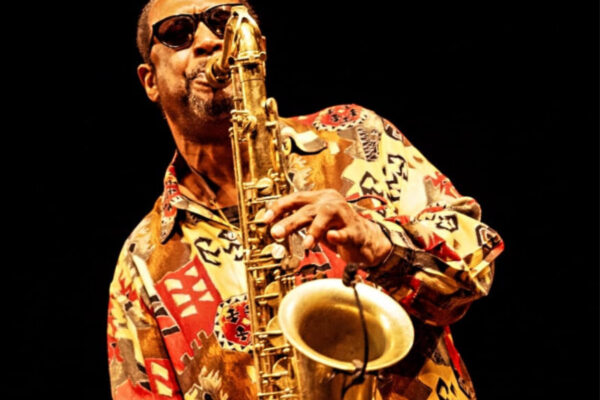
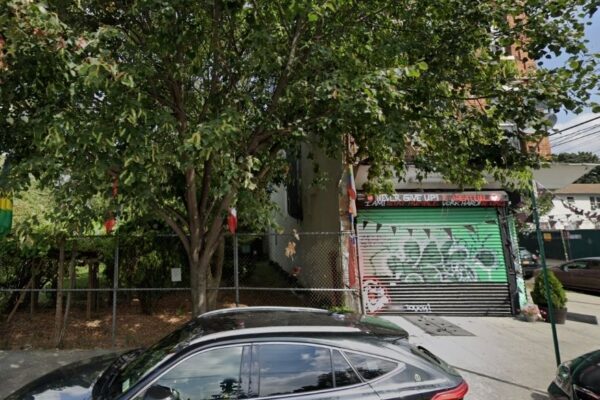
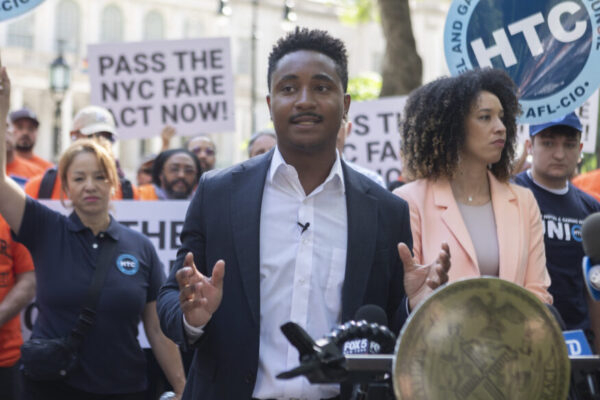
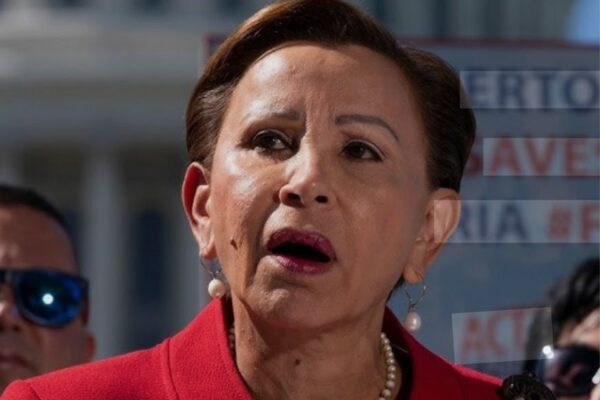
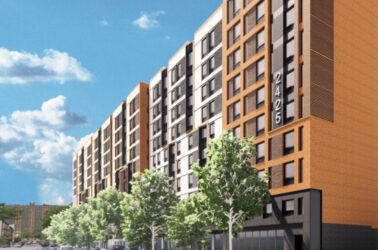

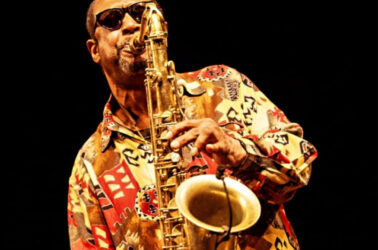
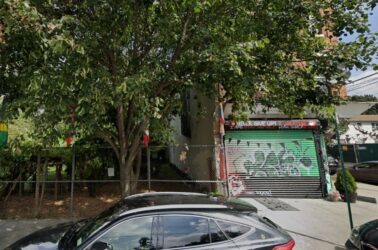




Leave a Reply
You must be logged in to post a comment.